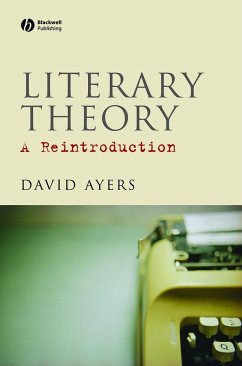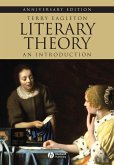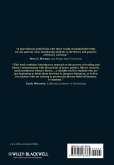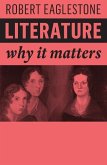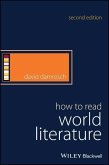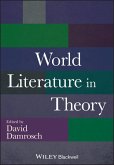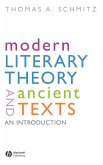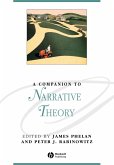Literary Theory: A Reintroduction introduces the current state of theory by placing it in its social, historical, and institutional contexts.
Beginning in the 1920s, the book looks at the impact of the periods preceding the "theory movement" and re-introduces this movement from a contemporary perspective. Engaging the reader in questions about the origin, reception, and analysis of literary theory, Ayers explores how and why popular criticisms developed, and considers their futures. Major influences on the development of modern theory are examined, among them the creation of university English and campus politics; the Cold War; the Anglo-Americanization of French and German theory; the culture wars; the politics of contemporary historicist scholarship. Key figures such as F.R. Leavis, Raymond Williams, Jacques Derrida, Michel Foucault, Judith Butler and Alain Badiou are also discussed.
Beginning in the 1920s, the book looks at the impact of the periods preceding the "theory movement" and re-introduces this movement from a contemporary perspective. Engaging the reader in questions about the origin, reception, and analysis of literary theory, Ayers explores how and why popular criticisms developed, and considers their futures. Major influences on the development of modern theory are examined, among them the creation of university English and campus politics; the Cold War; the Anglo-Americanization of French and German theory; the culture wars; the politics of contemporary historicist scholarship. Key figures such as F.R. Leavis, Raymond Williams, Jacques Derrida, Michel Foucault, Judith Butler and Alain Badiou are also discussed.

